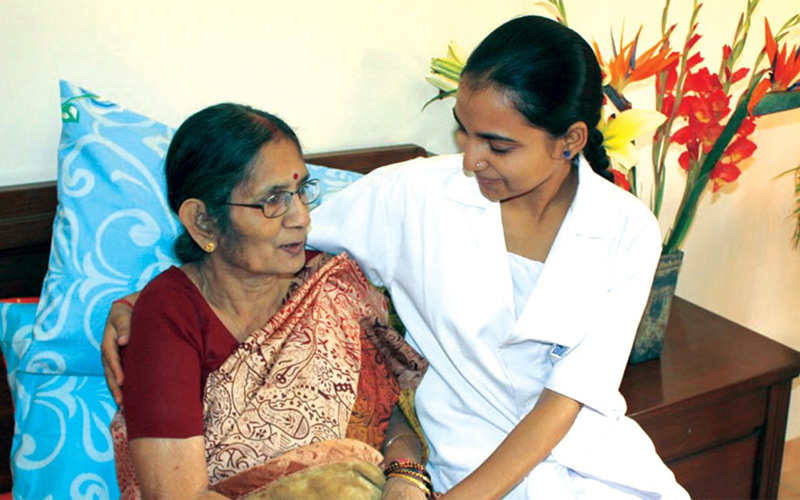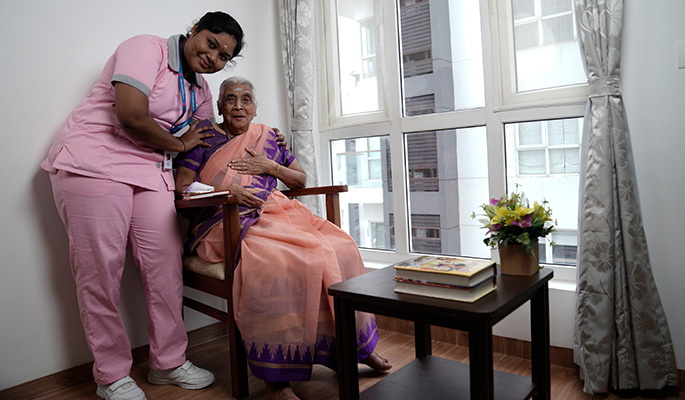Providing Dignified Care: Memory Care Facilities in Bangladesh
Memory care facilities play a crucial role in supporting individuals with Alzheimer’s disease, dementia, and other memory-related conditions. In Bangladesh, where aging populations are increasing, the need for specialized care for those with memory impairments is becoming more pressing. These facilities offer a safe and supportive environment tailored to the unique needs of residents, ensuring they receive the highest quality of care and attention.
One of the primary challenges families face when caring for a loved one with memory issues is ensuring their safety and well-being while managing their complex medical and emotional needs. Memory care facilities in Bangladesh address these challenges by providing round-the-clock supervision and specialized services designed to enhance the quality of life for residents.
These facilities employ trained professionals who understand the complexities of memory-related conditions and are equipped to handle various situations with compassion and expertise. From assistance with daily activities to engaging cognitive therapies and social interactions, every aspect of care is tailored to promote mental stimulation, physical well-being, and emotional support.
Moreover, memory care facilities prioritize safety and security, with features such as secure entrances and exits to prevent wandering, as well as emergency response systems to ensure prompt assistance in case of any medical concerns. The physical environment is also designed to be comfortable and easy to navigate, reducing stress and confusion for residents.
Family involvement is encouraged and valued in memory care facilities. Regular communication with family members ensures that they are kept informed about their loved one’s progress and involved in decision-making processes regarding their care. This collaborative approach fosters trust and transparency, allowing families to feel confident in the care their loved one receives.
In addition to meeting the immediate needs of residents, memory care facilities in Bangladesh also prioritize holistic care that addresses the overall well-being of individuals. This may include access to recreational activities, nutritious meals, and spiritual support, all of which contribute to a higher quality of life.
In conclusion, memory care facilities play a vital role in supporting individuals with memory impairments in Bangladesh. By providing specialized care, ensuring safety and security, fostering family involvement, and promoting holistic well-being, these facilities uphold dignity and enhance the quality of life for residents and their families alike.





